Contents
Less than ten minutes ago I was sat in my garden, bathing in the late September sunshine, admiring the zinnias and cosmos that are still in full flower.
The phone in my pocket pinged, alerting me to the fact that a good friend of mine had just arrived in Cancun. Sure enough, there he was on Facebook, raising a cold glass at a beach-side bar. Good for him.
Suddenly, however, the way I was spending my weekend looked rather dull in comparison. The “simpler things” that I enjoy simply aren’t as well-regarded in society. Very few people in their 30s would agree that spending an afternoon sat in the garden with a good book was a good use of their time.
Equally I hadn’t blown a month of salary on a hedonistic foreign trip.
Swings and roundabouts.
It did, however, start me thinking about the potential downsides of being frugal.
Every financial decision we make is a trade-off. Enjoy yourself now or save money for later. It’s tempting to see the super-frugal, with their growing bank accounts, as something to be emulated. In many ways I’d agree, but we’re all different. What gives one person a warm fuzzy feeling inside barely registers on the radar of others. So let’s play devil’s advocate today.
As someone that has lived at both ends of the spectrum – from living way beyond my means for many years to my frugal current self – I feel I can honestly discuss some of the downsides of saving money. Let’s get going…
Saving Money Can Be Boring
My friend’s trip to Mexico is the perfect illustration of this potential downside to frugality. This same friend recently bought himself an Oculus Rift VR setup. He drives a new BMW. He has built an amazing garage in his back garden and spends weekends doing up his Harley Davidson. In many ways he’s living the good life. A lifestyle that many of us could only dream of as children. But a lifestyle that requires serious expenditure.
In other words living this lifestyle is completely at odds with saving money for the future.
When you go “cold turkey” and give up on our consumerist society things can be tough. Unless you’re earning a crazy sum of money you’re forced to stop spending on these little treats and instead start putting that money away for the future. Life can lose color as you stop buying new clothes or going out for meals or – you know – splashing out on a new virtual reality setup!
The Solution
While I must admit a pang of jealousy that I’m not the one zip-lining through Mexico things are not all bad. Here are the factors that have helped me remain satisfied with my more frugal lifestyle and to avoid potential boredom and frustration.
Find Cheap or Free Hobbies
Our global economy relies on companies getting ever smarter at separating us from our money. We’re bombarded with adverts everywhere we go, and lifestyle inflation is all too common. However there are all sorts of ways to entertain yourself while spending very little money – or even nothing.
The key is finding some of these “simpler” pleasures or getting smart about ways to have great experiences for less. A growing number of people, for example, are “travel hacking” – using rewards points from credit cards to pay for overseas travel without spending their own money on flights or hotels. Just recently I read about someone who volunteered to help the owner of a hot air balloon with all the heavy, dirty tasks of getting the balloon ready for take-off. In exchange they got to go on the flight themselves.
So explore alternatives to spending money until you stumble across a number of activities that bring you pleasure without exercising your wallet. For the super frugal some of these can even generate revenue. As an example I started this blog for pleasure but it now generates a reasonable side income. All you need to do is detach pleasurable activities from having to involve spending money and look for other satisfying alternatives.
Become a Creator Instead of a Consumer
Mentioning my blogging brings me to a second solution to prevent frugality from getting boring. We live in a consumer society; we spend money on renting movies, on pre-prepared foods and so on. But this is a very passive way to spend your time. Becoming a creator can make a massive difference.
Whether you launch a YouTube channel, learn how to code, start to paint or take up dress making the act of creating something from nothing can be thoroughly rewarding. It is when you’re creating something new that many of us experience a sense of “flow” – of relaxed concentration that makes time fly.
The same experience is very rarely experienced in response to retail therapy.
Saving Money Can Take Time
My local supermarket checks the dates of their perishable foods every afternoon. For an hour or two their discount area is overrun with food so cheap it’s almost free. If I had the time to pop in around 3pm each afternoon I reckon that I could slash my grocery bill by 50% or more. Except I don’t.
This same supermarket now offers pre-cut vegetables. Even pre-cooked jacket potatoes that just need heating up in the microwave. They cost more, but people are paying to save time on their meal preparation time.
In other words, time and money are often inversely related. The more time you can spend on something the cheaper it will be. Equally, the time-poor among us often end up paying extra for convenience.
The Solution
Reframe “Money Saved” as “Money Earned”
Most of society sees their working hours as totally separate to their leisure hours. They work hard all week so they can do whatever they want on the weekend. Their time is very clearly delineated into “earning” and “spending”. However I would argue that saving money should be considered as another way to earn money.
As an example, you spend a couple of hours on a Saturday morning finding a cheaper phone tariff that will save you $50 a month for the next year. That’s $600 in total – or $300 an hour. Put in those terms, it is a very good use of your time.
So don’t look at saving money as “wasted” time, but actually an important, integral way to increase your wealth over time.
Get Organized
Another way in which time can affect money relates to how organized you are. Forgot about your friend’s birthday and need to send a parcel to arrive tomorrow morning? If so, you’ll pay a premium for shipping that could have been saved if you planned ahead and posted it normally a week ago.
Or what about booking a flight or a train at short notice? You can pay more than double compared to the person who pre-booked their tickets six months ago.
So get organized. Set up a calendar. Note down any big forthcoming expenses and aim to plan for them weeks or months in advance to save money.
Prioritize Your Savings
We only have so much free time each week, and spending every last minute looking for bargains can get tiring for even the most ardent frugalista. If, like me, you have limited time available, instead try to prioritize your savings. Figure out those elements that will save you the most money or take the least amount of time – aim for those opportunities with the biggest payback. In that way you can find the optimal balance between frugality and leisure time.
Use Tools
Thanks to the internet a number of tools will now help you to save money. Price comparison sites will help you to select the cheapest phone tariff, or vacation package, or car insurance. Browser add-ons offer up discount codes at checkout. Investing a little time into exploring the many options can pay dividends in the future, helping you to save money each month with only a minimal investment of time.
Saving Money Can Cost More Initially
Buying pasta and rice in bulk often works out much cheaper than purchasing a smaller bag. Paying for your car insurance upfront normally costs less than paying monthly. Buying a cell phone outright then paying for a sim-only tariff can also save you a load of money. But all these require a larger upfront investment; something that many of us are loathe (or unable) to do.
The Solutions
This Isn’t a Deal Breaker
Firstly, while paying upfront can save you money, appreciate that this is only one of many potential money-saving ideas. If you can’t afford to do it yet then don’t shed a tear; don’t get annoyed with yourself, but simply bear it in mind for the future.
Upfront Payments Become Easier Over Time
Let’s imagine that your frugal lifestyle allows you to save an extra $50 a month. That’s not enough to prepay your car insurance, but in the future it could be. Just keep on saving that $50 a month, and when your insurance is due for renewal next year you’ll likely have all the cash you need to take this exciting step.
Savings Start to Compound in the Future
The funny thing about pre-paying in this manner is that the results compound over time, like money in a bank account. In our above example you’re saving $50 a month anyway. However when you can prepay your insurance that suddenly saves you an extra $15 a month. Now you’re able to put $65 a month away – so prepaying for other items gets ever easier. While it may feel like slow going initially, every penny you save is an investment in a cheaper and more financially secure future.
Saving Money Can Make You Stand Out (and Not in a Good Way)
We live in a society where people make judgements about us based on how we spend our money. Here in the UK many people who drive BMWs – and especially white BMWs – are a particularly well-defined group. They buy the same clothing brands. They look the same. They do the same things. A cliche? Yes. But if you want to fit into that group you’ll probably need your giant watch and designer clothes.
While white BMW drivers are something of a national joke among my friends, if the senior team at your company are all members then turning up in your battered old Mini Cooper probably isn’t going to help you fit in. As a result that promotion may forever remain a distant dream as other BMW owners are promoted above you.
Of course this is just one exaggerated example. But those of us who live a frugal lifestyle are at risk of standing out like a sore thumb when compared to the typical Western consumer. People may even think you’re poor, and look down on your lack of spending, not realizing that this is a conscious decision and that beneath the glitter and bling they’re probably worth less than you.
Solutions
Frugality Isn’t Poverty
The first important point is that being frugal doesn’t necessarily mean that you have to live in poverty. I’m very frugal but I drive a decent car, wear reasonable clothes and will soon be buying my first home. To the outside world I look relatively “normal” but I work hard to achieve this look on a budget.
I researched second hand cars for weeks before making my purchase, and price was a key consideration. I managed to buy my car considerably below market value, and for cash, so I saved a boatload of money in the process. I’m confident I could even put it on the market today and make a profit on my investment.
But anyone else, who doesn’t know the backstory, would just see my decent, shiny, well cared for vehicle and assume I’d spent far more than I actually did.
The message here is to look for ways to do what society expects, but for less than most people spend.
Stealth Frugality
Some of the things we spend money on are highly visible to other people. Your car and your clothes for example. Other things are nearly invisible; your utility bills, bank accounts, health insurance and more. Lastly some sit in the middle. Nobody I work with has ever been to my house, so I could in theory live in a van and nobody would ever know – except other van dwellers nearby.
The point is that there are ways to save money that nobody else will ever even see – what I call “stealth frugality”. If you’re worried about what other think of your money saving tactics then possibly the best place to start is with these invisible expenses that won’t make any difference whatsoever to how people perceive you.
So Why Become More Frugal?
Saving money is at the very center of this blog. Yet I’ve spent the last 2,000 words telling you all the downsides of frugality. What gives?
The honest truth is that everything we do involved compromise. Even the person having the time of their life blowing their wages each month on living the high life is actually compromising – even if they don’t know it. If they get fired next week they are probably in for a nasty shock when they realize they don’t have anything put aside for the future.
The take-home point here is that we all make decisions about what to do with our money – whether these are consciously decisions or not. It is my personal belief that many of the downsides of frugality really depend on your perspective. Many of the so-called “downsides” really aren’t when you look at them in the right way, or they have simple and effective solutions.
So despite all the potential pitfalls to a more frugal lifestyle I want you to appeal to you to give it a try. Spending less than you earn – and less you spend right now – can make a massive difference to your financial future.
Even the trade-offs are worthwhile. You see, my buddy will shortly be flying back home to his job, to slave away paying for his overseas trip. On the other hand I’m investing each and every month. As this money grows I should be able to retire much sooner. I might even visit Cancun each year – if my buddy can get time off his hectic job to come with me.


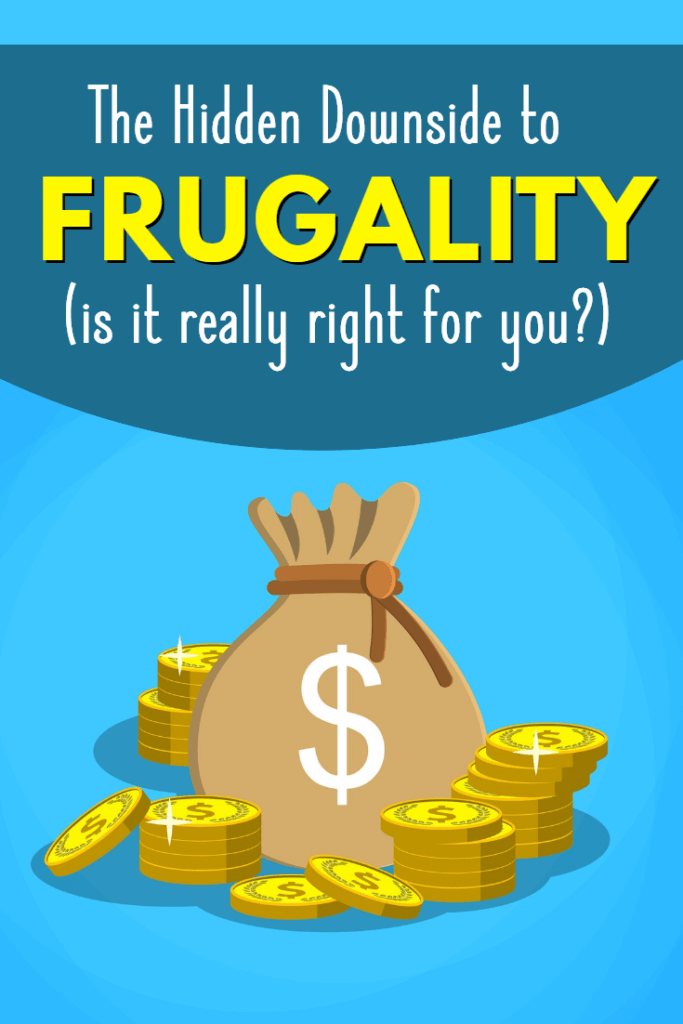
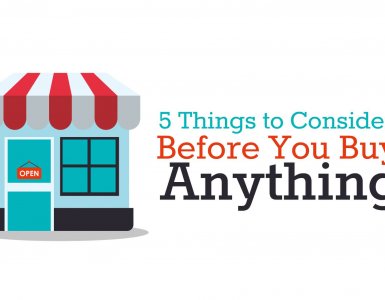

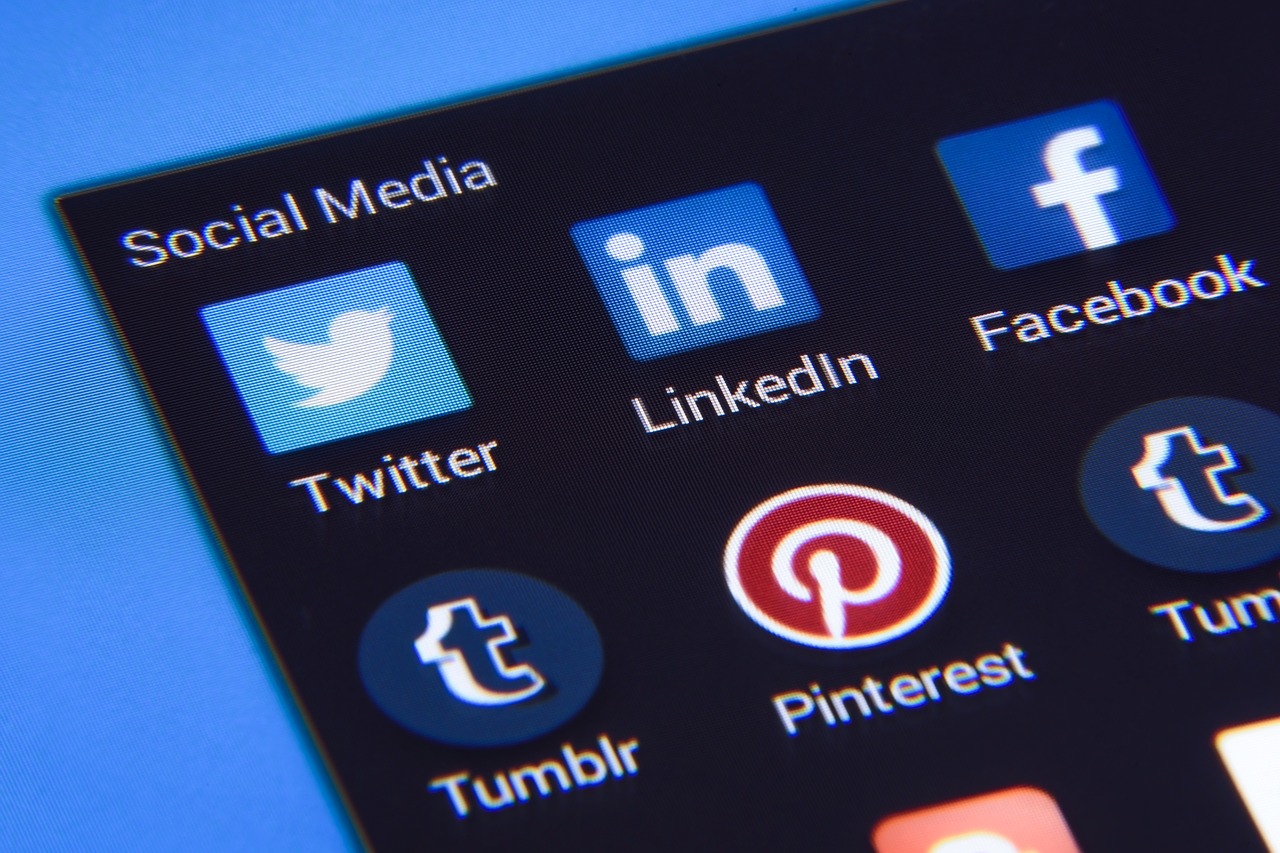
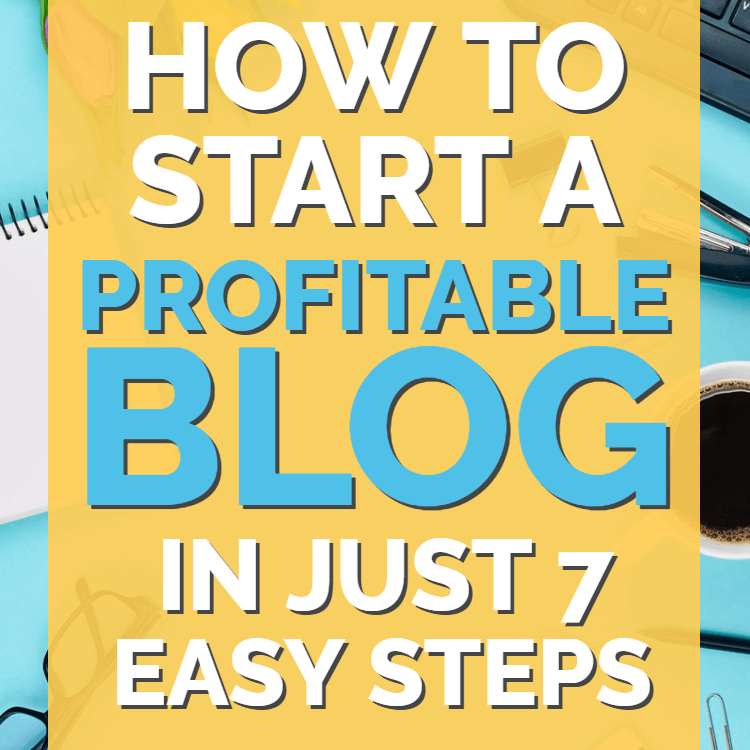


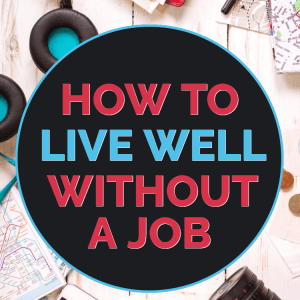
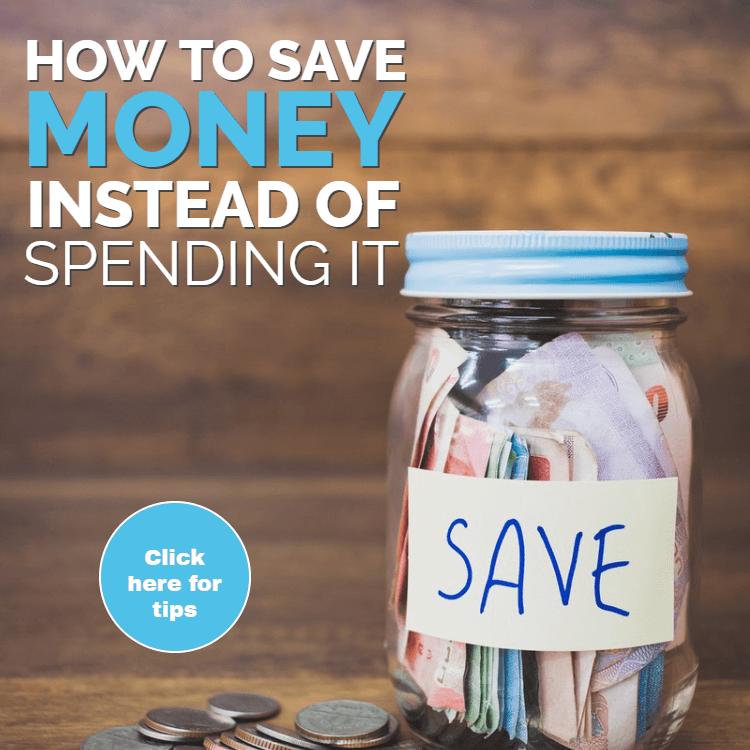
Such an interesting and worthwhile read!